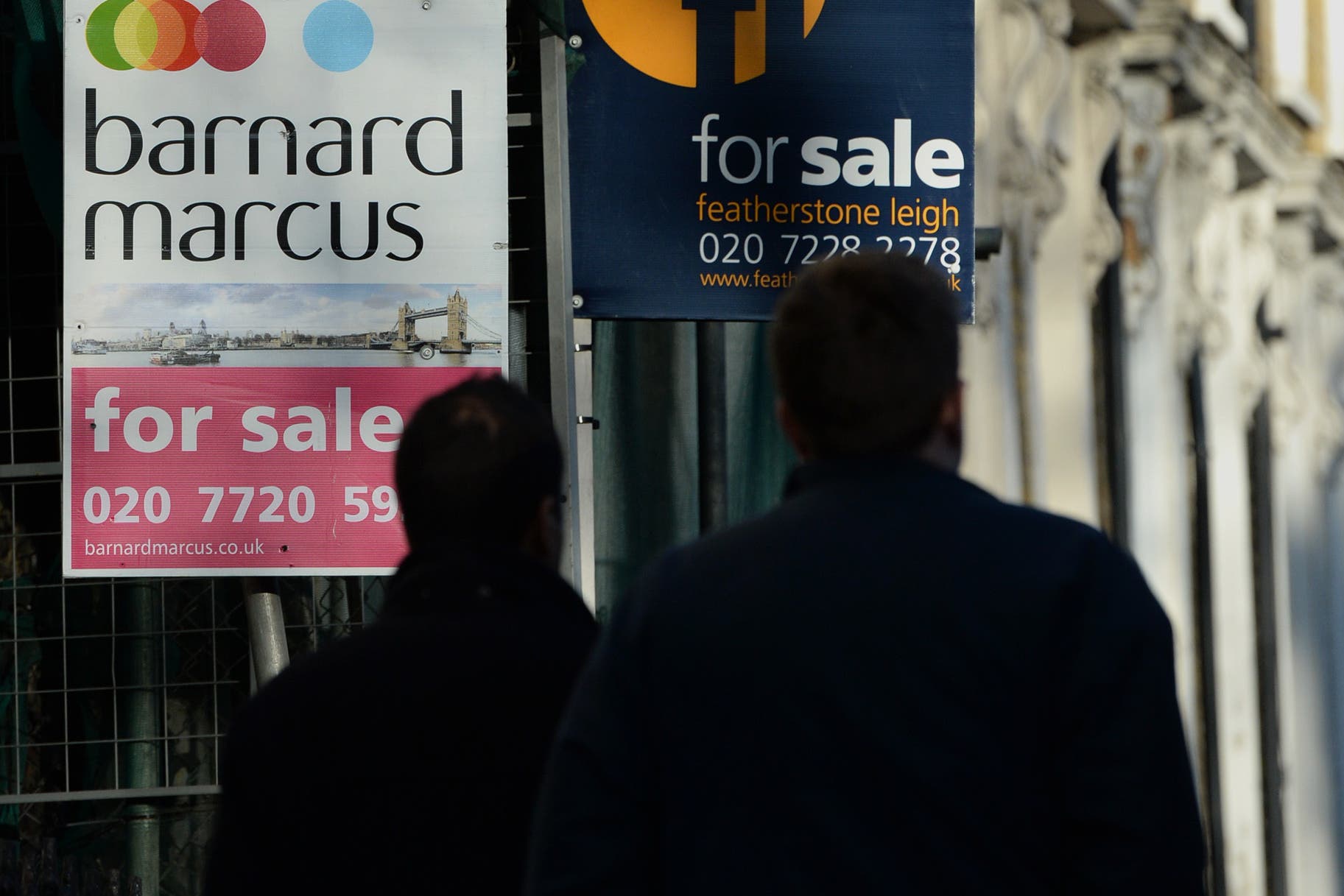Average UK house price falls as ‘market catches its breath’
UK house prices suffered a surprise dip by 0.1% month-on-month in August, the latest data from Nationwide Building Society shows.
Annual growth also slowed to 2.1% in August, down from 2.4% the month prior, leaving the average UK house price now stands at £271,079.
However, most experts believe the market will kick back into gear across the remainder of the year through two main factors: a potential shortage of homes for sale due to tax and political uncertainty, and the traditional timing of people wanting to move home before Christmas.
Potential changes to stamp duty and a so-called mansion tax on homes above £500,000 are leaving both buyers and sellers hesitant about completing some deals, in case it results in tax implications down the line.
That could mean fewer homes are put up for sale by previously willing sellers, leaving a shortage of supply – and thus pushing up prices for those left available.
There may also be prospective buyers awaiting another interest rates cut signal to move into purchasing mode, in the knowledge they can secure a better deal with lower monthly repayments once that filters through to lenders.
Robert Gardner, Nationwide’s chief economist, said: “The relatively subdued pace of house price growth is perhaps understandable, given that affordability remains stretched relative to long-term norms.
“House prices are still high compared to household incomes, making raising a deposit challenging for prospective buyers, especially given the intense cost-of-living pressures in recent years.”
He added: “Combined with the fact that mortgage costs are more than three times the levels prevailing in the wake of the pandemic, this means that the cost of servicing a mortgage is also a barrier for many.
Get a free fractional share worth up to £100.
Capital at risk.
Terms and conditions apply.
ADVERTISEMENT
Get a free fractional share worth up to £100.
Capital at risk.
Terms and conditions apply.
ADVERTISEMENT
“Indeed, an average earner buying the typical first-time buyer property with a 20% deposit faces a monthly mortgage payment equivalent to around 35% of their take-home pay, well above the long run average of 30%.
“However, affordability should continue to improve gradually if income growth continues to outpace house price growth as we expect. Borrowing costs are likely to moderate a little further if bank rate is lowered again in the coming quarters.
“This should support buyer demand, especially since household balance sheets are strong and labour market conditions are expected to remain solid.”

Alice Haine, personal finance analyst at Bestinvest by Evelyn Partners, said: “Sellers are pricing more realistically in a bid to secure deals at a time when buyers hold the upper hand.
“Sellers, who initially listed at inflated prices, are increasingly adjusting their asking prices to stay competitive.”
Nathan Emerson, chief executive officer at property professionals’ body Propertymark, said: “We have witnessed a drop in the number of fall-throughs, a trend that demonstrates an uplift in the number of property transactions completed.
“There are challenges ahead, however, such as increasing the supply of new sustainable homes, providing assistance to first-time buyers and for lenders, ensuring that the latest drop in interest rates translates into more affordable mortgage products.”
Mark Harris, chief executive of mortgage broker SPF Private Clients, said some mortgage lenders have been “pricing upwards” while others have cut rates, adding: “The mixed picture is down to rising swap rates, which underpin the pricing of fixed-rate mortgages and lenders not wanting to offer the best rates during the summer months when staff are on holiday and resources are limited.
“While mortgage rates will always bounce around, we are not expecting any significant reductions or increases in the short term.”
Matt Thompson, head of sales at London-based estate agent Chestertons, said: “Last month, buyers used the holidays to review their finances, refine their search criteria and to view homes they already shortlisted.”
Jonathan Handford, managing director at estate agent Fine & Country, said: “A marginal 0.1% dip in house prices suggests the market is catching its breath rather than changing direction.”
Tom Bill, head of UK residential research at Knight Frank, said: “Recent property tax speculation risks sending both sales and prices lower as buyers and sellers deal with pre-budget uncertainty for the second year in a row.”
Karen Noye, a mortgage expert at wealth manager Quilter, said: “While the economic backdrop remains challenging, today’s figures suggest the housing market is still managing to hold reasonably firm for now.
“Sustained momentum will depend on future interest rate decisions and whether upcoming policy decisions support or hinder market activity.”
Iain McKenzie, chief executive officer of the Guild of Property Professionals, said: “We anticipate that house price growth will remain moderate for the remainder of the year.
“Increased housing stock levels are fostering greater competition among sellers and empowering buyers with more negotiating leverage. Therefore, correctly pricing a property from the outset will be paramount in this price-sensitive environment.”







